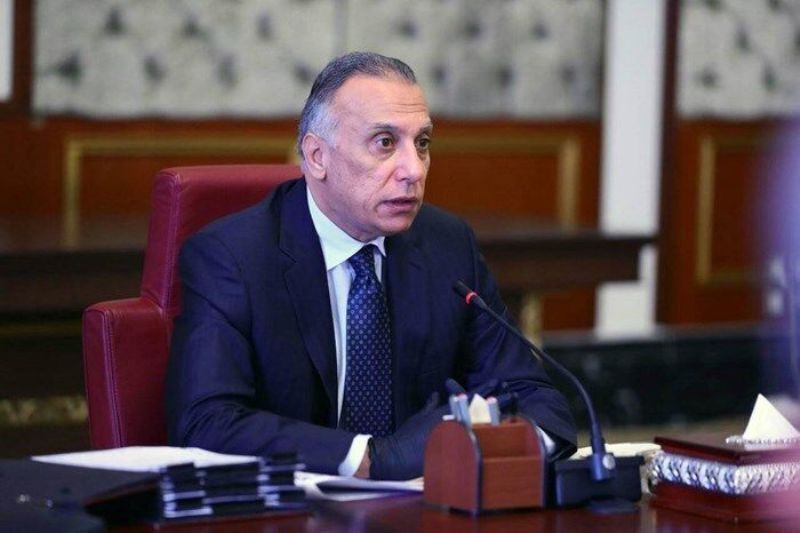July 24, 2020

three-quarters of the seats in the new Majlis.
The Reformists have been almost entirely wiped out of the Majlis as a result of the February election, with two tabulations showing them holding a mere 5.5 percent or 6.9 percent of the incoming Majlis membership.
For 12 seats, no one got the minimal 20 percent of the votes to win election and so run-off elections will have to be held. They were originally scheduled for April 17, but, because of the coronavirus outbreak, they have now been postponed to September 11.
The tabulation given by ICANA, the news website of the Majlis, said the various conservative factions won 221 seats, up from 83 four years ago, while Reformists won 20, down from 121. It said independents won 38 seats and 11 will go to a run-off. That number was later revised to 12.
A tabulation published by Trend, an Azerbaijani news agency showed the election outcome producing 223 seats held by conservatives, 16 held by Reformists, 36 held by independents and 12 vacant. That makes a total of 287, which means the tabulation has an error since there are 290 seats in the Majlis.
Radio Farda said at least 15 of the conservatives are former cabinet ministers and provincial governors general who served under President Mahmud Ahmadi-nejad and are loyal to him.
Three of those elected for the first time in February have since died of the coronavirus. Those seats will not be filled until the presidential elections next year.
The conservative dominance was no surprise, since the Council of Guardians, which must approve candidates before they go on the ballot, disallowed almost every prominent Reformist and many barely-known Reformists to boot. The best-known Reformist candidate was Majid Ansari, who ran for a seat in Tehran. All 30 Tehran seats were won by conservatives, so the main Reformist will not be sitting in the new Majlis.
It is not clear how much difference this will make. Supreme Leader Ali Khamenehi has moved firmly in recent months to neuter the Majlis and shift much of its authority to others, in what looks like an effort to further minimize what had already been a minimum level of democracy in the Islamic Republic. Many on the far right believe there should not even be a Majlis in an Islamic Republic, where the Constitution says that power resides with the agents of God, i.e., the clergy, and not with the people.
The lowest voter turnout in any province was in Tehran, where a mere 26.2 percent of eligible voters turned out. The highest turnout was in mostly rural Kohgiluyeh va Boyer Ahmad province, where 70.7 percent of the eligible voters went to the polls. In Qom, a bastion of the conservative establishment, only 43 percent of the eligible voters turned out, a surprising outcome.
ICANA said the new Majlis will have 17 female deputies, the same as in the outgoing Majlis.























